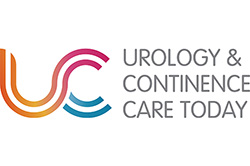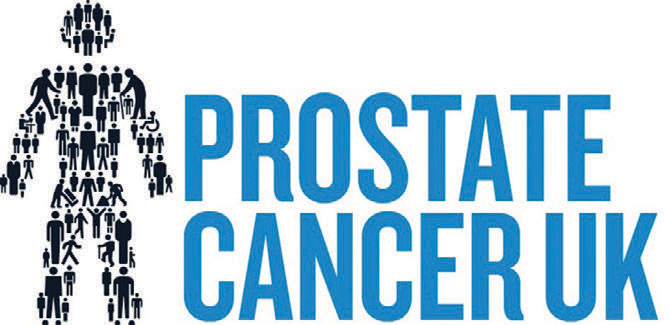References
Alibhai SMH, Gogov S, Allibhai Z (2006) Long-term side effects of androgen deprivation therapy in men with non-metastatic prostate cancer: a systematic literature review. Crit Rev Oncol Hematol 60(3): 201–215
Kyrdalen AE, Dahl AA, Hernes E, Hem E, Fosså SD. (2010) Fatigue in prostate cancer survivors treated with definitive radiotherapy and LHRH analogs. The Prostate 70(13): 1480–1489
Macmillan Cancer Support (2019) Your rights at work when you are affected by cancer. Available online: https://be.macmillan.org.uk/Downloads/CancerInformation/WorkAndCancer/MAC12981Yourrightsatwork.pdf
Prostate Cancer UK. Living with prostate cancer: fatigue. Available online: https://prostatecanceruk.org/prostate-information/living-with-prostate-cancer/fatigue
Ream E, Richardson A (1996) Fatigue: a concept analysis. Int J Nurs Stud 33(5): 519-529
Schmitz KH, Courneya KS, Matthews C, et al (2010) American College of Sports Medicine roundtable on exercise guidelines for cancer survivors. Med Sci Sports Exerc 42(7): 1409-1426
Sonn AG, Sadetsky N, Presti JC, Litwin MS (2013) Differing perceptions of quality of life in patients with prostate cancer and their doctors. J Urol 189( Suppl): S59-S65
Stone P, Hardy J, Huddart R, A’Hern R, Richards M (2000) Fatigue in patients with prostate cancer receiving hormone therapy. Eur J Cancer 36(9): 1134-1141
Taaffe DR, Newton RU, Spry N, et al (2017) Effects of different exercise modalities on fatigue in prostate cancer patients undergoing androgen deprivation therapy: a year-long randomised controlled trial. Eur Urol 72(2): 293-299




.png)